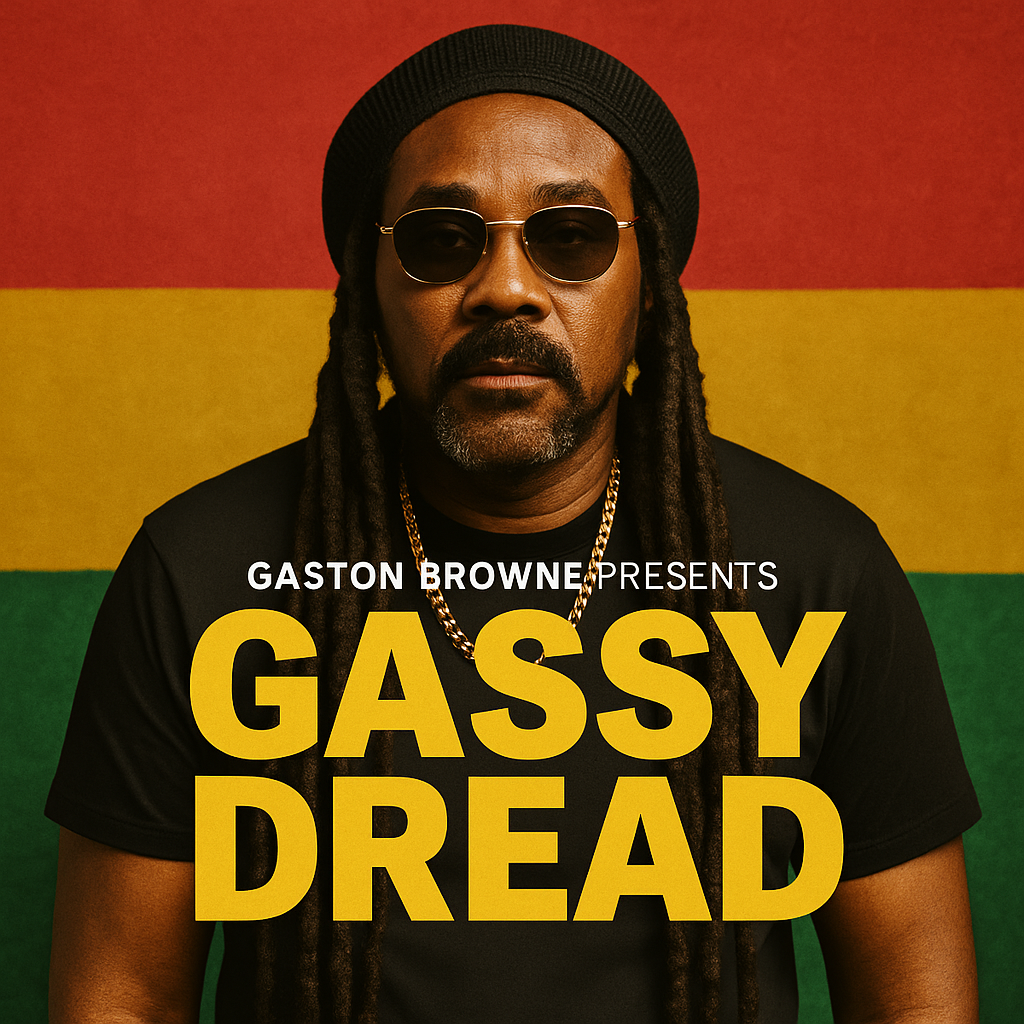The Eurovision Song Contest captivates approximately 163 million viewers annually, sparking a plethora of opinions on how to craft the ideal entry. Should contestants opt for heartfelt ballads that stir emotions or vibrant, catchy performances filled with captivating visuals?
Musicologist Joe Bennett from Boston's Berklee College has investigated the musical compositions of former finalists and identified two prevailing styles in the contest: the "Euro-banger" — high-energy tracks with a tempo over 120 BPM and heavy synth elements, and slow ballads usually around 70 BPM, akin to Portugal’s winning song "Amar Pelos Dois" (2017) and the Netherlands’ "Arcade" (2019). This analysis reveals a recurring narrative in Eurovision songs, which often focus on themes of love, unity, or self-empowerment, with Bennett pointing out that bold, self-assertive songs like Conchita Wurst's "Rise Like a Phoenix" tend to resonate well with audiences.
Staging also plays a crucial role in creating memorable performances. Songwriter Thomas Stengaard, who co-created Denmark's 2013 hit "Only Teardrops," argues that simple staging can often be more effective. He attributes the song's success to its uncomplicated yet memorable presentation, suggesting that extravagant sets may distract from the performance quality. Vocal coach Carrie Grant echoes this sentiment, emphasizing the importance of a strong performance that can stand without elaborate backing.
Minor key songs have become increasingly dominant at Eurovision, with over 85% of finalists in 2023 performing in minor keys. Bennett notes that this trend contrasts with the traditional belief that major keys denote happiness. The emotional depth often associated with minor keys could be a factor in their growing popularity. In an effort to set themselves apart, UK act Remember Monday has crafted a song in a major key, seeking to diverge from the competition's prevailing sound.
Surprises within songs can enhance their memorability, according to music cognition expert Elizabeth Hellmuth Margulis. While repetition can help listeners recall a tune, introducing unexpected elements, like key changes or pivotal moments, can elevate a song's appeal. Bucks Fizz's iconic 1981 performance, which combined a catchy song with a dramatic costume reveal, exemplifies this strategy.
As the countdown to the Eurovision Song Contest unfolds, these insights from music professionals and songwriters highlight the intricacies of crafting a winning entry. The upcoming contest will certainly showcase a blend of creativity, emotional engagement, and strategic surprises, allowing nations to vie for the coveted title and entertain the world stage.






















